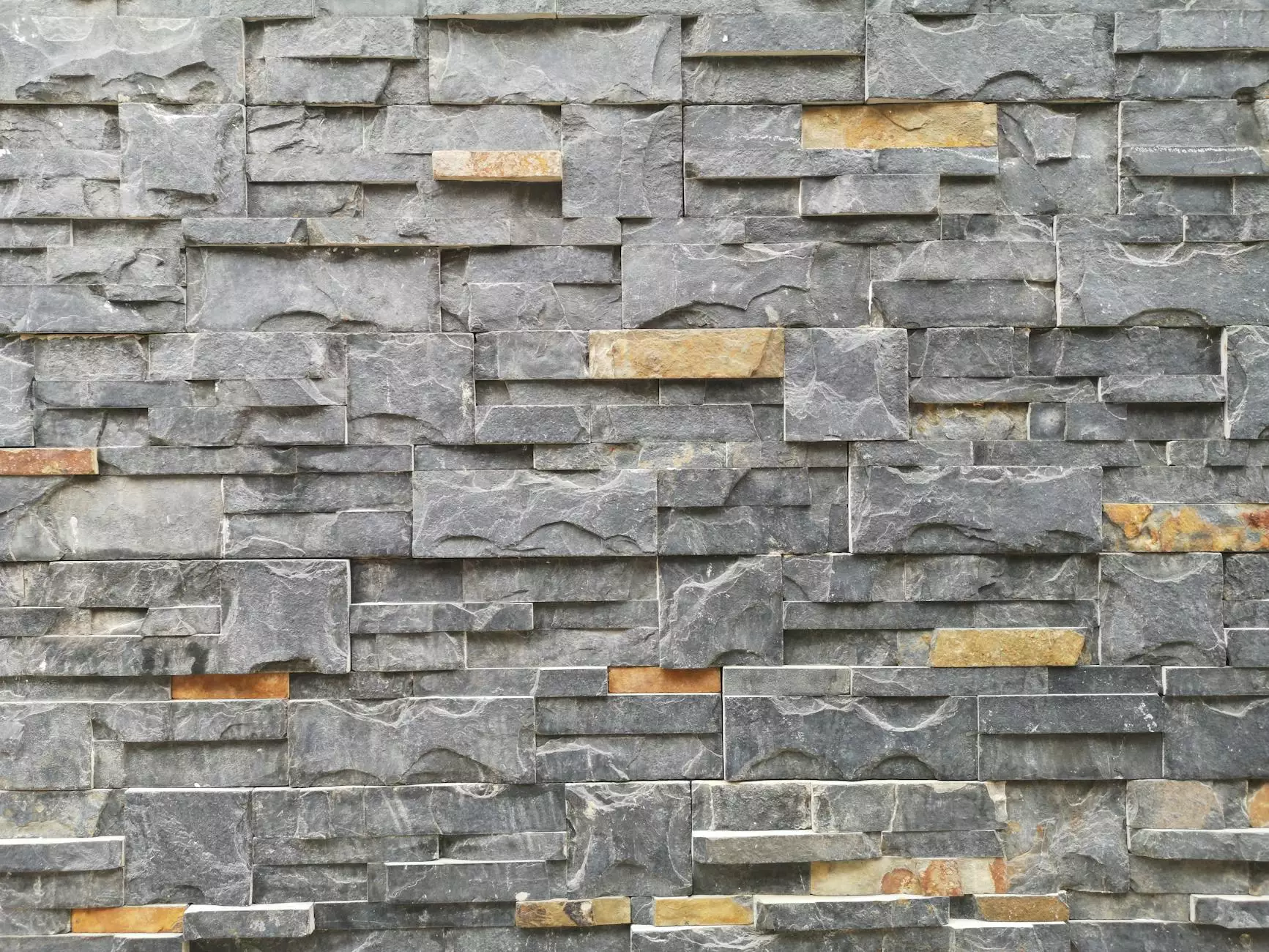Understanding **Porcelain Veneers**: A Comprehensive Guide

In the world of cosmetic dentistry, few innovations have had as profound an impact as porcelain veneers. These exceptionally crafted dental treatments not only enhance the aesthetics of an individual's smile but also boost their confidence and overall well-being. This article delves into the intricate details of porcelain veneers, their benefits, application processes, and maintenance.
What are Porcelain Veneers?
Porcelain veneers are ultra-thin shells crafted from high-quality dental porcelain. They are custom-made to cover the front surface of your teeth, significantly improving their color, shape, size, and length. These veneers are bonded to the teeth, providing a durable and aesthetically pleasing solution for individuals seeking to rectify cosmetic dental issues.
Benefits of Porcelain Veneers
One of the primary reasons patients opt for porcelain veneers is the myriad of benefits they offer. Here are some of the most notable:
- Natural Appearance: One of the standout features of porcelain veneers is their ability to closely resemble natural teeth, providing seamless integration with your smile.
- Stain Resistance: Unlike natural teeth, porcelain veneers are highly resistant to staining, allowing you to enjoy your favorite foods and beverages without concern.
- Durability: Porcelain veneers are exceptionally strong and can last for many years with proper care, making them a long-term cosmetic solution.
- Minimal Tooth Alteration: Compared to crowns, veneers require less alteration of the natural tooth structure, which preserves more of your natural tooth.
- Quick Transformation: The process of getting veneers is relatively quick, allowing for a dramatic change in your appearance in just a few dental visits.
- Corrects Alignment Issues: Veneers can provide a solution for minor alignment issues, creating a more symmetrical smile without the need for braces.
Common Indications for Porcelain Veneers
Porcelain veneers can address a variety of dental concerns. Here are some common reasons individuals seek this treatment:
- Discolored Teeth: Teeth that are stained due to various factors like age, smoking, or certain foods can be restored to a brilliant color.
- Chipped or Worn Teeth: Minor chips and wear can be concealed effectively with veneers, creating a flawless appearance.
- Excessive Gaps: Porcelain veneers can help close gaps between teeth, providing a more cohesive look.
- Irregularly Shaped Teeth: If your teeth are too small, too large, or oddly shaped, veneers can help enhance their form.
The Process of Getting Porcelain Veneers
Initial Consultation
Your journey towards a beautiful smile with porcelain veneers begins with an initial consultation with a qualified dentist. During this visit, your dentist will evaluate your oral health, discuss your aesthetic goals, and determine if veneers are the right choice for you. They may also take dental impressions and photographs as part of the planning process.
Preparation of Teeth
Once you've decided to proceed, the next step involves preparing your teeth. This typically requires removing a small amount of enamel from the surface of the teeth that will receive the veneers. This is a crucial step to ensure that the veneers fit snugly and look natural. Following the enamel removal, your dentist may take impressions once again to create the exact shapes required for your veneers.
Temporary Veneers
While your custom veneers are being fabricated in a dental laboratory (which usually takes a couple of weeks), your dentist may place temporary veneers to protect your teeth and enhance your smile during this waiting period.
Placement of Permanent Veneers
Once your permanent veneers are ready, you’ll return to the dental office for the final placement. Your dentist will carefully position each veneer on your teeth to ensure proper alignment and then bond them permanently using a special dental adhesive. After placement, your dentist may make final adjustments to ensure your bite is comfortable.
Tips for Caring for Your Porcelain Veneers
Taking care of your porcelain veneers is essential for longevity and maintaining their appearance. Here are some tips to help you care for your veneers:
- Maintain Good Oral Hygiene: Brush your teeth at least twice a day and floss daily. Using non-abrasive toothpaste is crucial to avoid scratching the veneers.
- Regular Dental Check-ups: Regular visits to your dentist ensure that your veneers and overall oral health are monitored. Your dentist can catch any potential issues early.
- Avoid Hard Foods: While veneers are durable, biting into hard foods, such as ice or hard candies, can cause damage. Be cautious with your food choices.
- Limit Staining Foods: Although porcelain is stain-resistant, it’s wise to moderate your intake of coffee, tea, red wine, and other staining beverages.
- Use a Nightguard: If you are prone to teeth grinding, a nightguard can protect your veneers from excessive wear.
Cost of Porcelain Veneers
The cost of porcelain veneers can vary based on several factors, including the location of the dental practice, the experience of the dentist, and the number of veneers needed. On average, you can expect to pay between $925 to $2,500 per tooth. While this may seem steep, many patients find that the aesthetic and psychological benefits far outweigh the expense.
Conclusion: The Bright Future with Porcelain Veneers
In conclusion, porcelain veneers represent a transformative solution for those looking to enhance their smiles. They fuse artistry with dental science, ensuring that each patient’s experience is personalized. With their ability to correct various dental aesthetic issues while mimicking the natural look of teeth, it’s no wonder that porcelain veneers continue to grow in popularity.
If you’re considering porcelain veneers or have questions regarding the process, don’t hesitate to reach out to the dental professionals at Medental SF. Your journey towards a confident and beautiful smile starts with informed decisions and exceptional dental care.
Frequently Asked Questions about Porcelain Veneers
Are porcelain veneers reversible?
No, porcelain veneers are not reversible. Once the enamel is removed to place the veneers, the natural tooth cannot be restored completely to its original state.
How long do porcelain veneers last?
With proper care, porcelain veneers can last anywhere from 10 to 15 years, and some may last even longer.
Can I get porcelain veneers if I have gum disease?
It’s crucial to address any underlying dental issues, such as gum disease or tooth decay, before getting veneers. Your dentist will evaluate your oral health to determine the best course of action.
Are there any alternatives to porcelain veneers?
Yes, there are alternatives such as composite resin veneers, bonding, and crowns. Your dentist can discuss the best options based on your needs and desired outcomes.
Final Thoughts
Investing in porcelain veneers is more than a cosmetic alteration; it’s a step towards improving your dental health and your emotional well-being. The confidence that comes with a stunning smile can open doors and change lives. For those considering this transformative option, consultation with an experienced dentist will provide the insights needed to make an informed decision.









